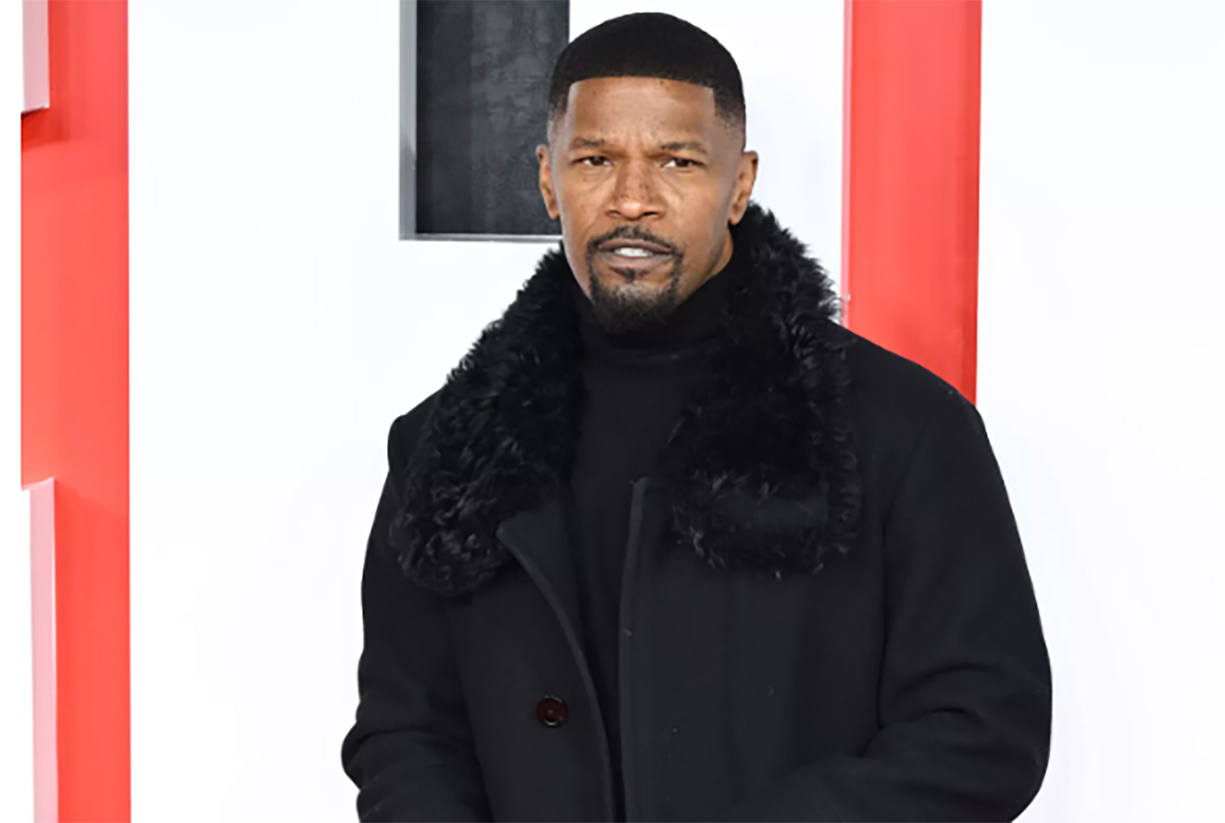Directed by Quentin Tarantino, Django Unchained is a masterful work of cinema that seamlessly blends action, drama, and historical commentary. Released in 2012, the film received critical acclaim for its bold storytelling and powerful performances. Featuring a stellar cast that includes Jamie Foxx as Django, Leonardo DiCaprio as the evil plantation owner, and Kerry Washington as Django’s wife, the film explores themes of love, sacrifice, and resilience against the backdrop of pre-Civil War America. In this blog post, we’ll delve into the gripping plot, character development, and rich thematic elements that make Django Unchained a modern classic.
Set in 1858, Django Unchained tells the story of Django, a former slave who is freed by the charismatic German bounty hunter Dr. King Schultz, played by Christoph Waltz. Schultz enlists Django’s help in identifying a group of outlaws known as the Brittle Brothers, and in return, he promises to aid Django in his quest to rescue his wife, Broomhilda, played by Kerry Washington. The film takes viewers on a thrilling journey through the American South, culminating in a daring confrontation with Calvin Candie, a ruthless plantation owner played by Leonardo DiCaprio.

The plot intricately weaves together elements of revenge and redemption, as Django transforms from a passive victim of slavery into a determined hero. His story is not just about personal revenge; it also reflects a broader commentary on the brutal realities of slavery and the struggle for freedom. Jamie Foxx’s portrayal of Django is both powerful and subtle. Initially introduced as a man stripped of his freedom and identity, Django develops into a formidable figure who must confront the horrors of his past. Foxx captures Django’s inner struggles and growth, making his eventual transformation into a vengeful hero incredibly poignant.
Christoph Waltz’s Dr. King Schultz serves as Django’s mentor and ally. Schultz is a complex character, embodying both the moral ambiguity of the bounty hunter profession and his sincere desire to help Django. Waltz’s performance, which earned him an Oscar for Best Supporting Actor, highlights the depth of the character and the film’s exploration of unlikely friendships. Leonardo DiCaprio’s performance as Calvin Candie is chilling and unforgettable. Candie represents the brutal realities of plantation life and the inhumanity inherent in slavery. DiCaprio’s performance is a masterclass in villainy, presenting a character that is both captivating and terrifying. His interactions with Django and Schultz drive the film’s tension and moral conflict.
Django Unchained has many themes that resonate beyond its historical setting. At its core, the film is a love story, with Django’s determination to rescue Broomhilda serving as the emotional anchor of the story. The film explores the lengths a person will go for love and the sacrifices made in pursuit of freedom. Additionally, the film deals with the resilience of the human spirit in the face of oppression. Django’s journey is not just about revenge; it is about reclaiming his identity and fighting back against a system that seeks to dehumanize him. This theme is poignantly illustrated through the brutal realities of slavery combined with moments of triumph and empowerment.
Tarantino’s distinctive directing style is evident throughout Django Unchained. The film uses vivid cinematography, striking visuals, and a carefully selected soundtrack that enhances the storytelling. Tarantino’s homage to the Italian cowboy film is evident in the film’s pacing and stylistic choices, creating a unique blend of genres that captivates audiences. The action scenes are both intense and meticulously choreographed, leaving viewers breathless. The film’s ability to balance humor and violence is a hallmark of Tarantino’s filmmaking style, making Django Unchained a compelling film from start to finish.

